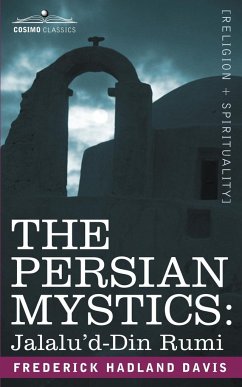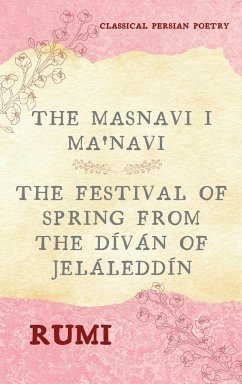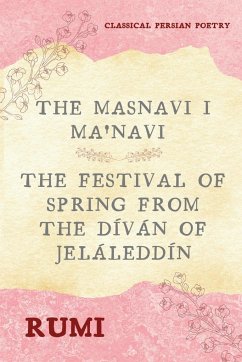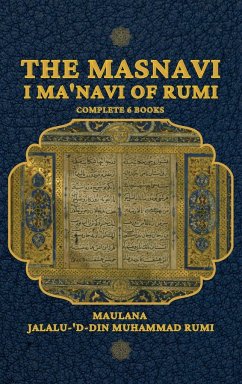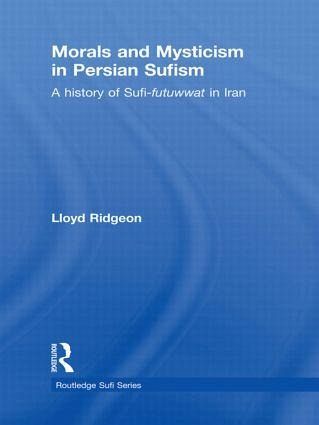
Morals and Mysticism in Persian Sufism
A History of Sufi-Futuwwat in Iran
Versandkostenfrei!
Versandfertig in 1-2 Wochen
196,99 €
inkl. MwSt.
Weitere Ausgaben:

PAYBACK Punkte
98 °P sammeln!
This book explores the development of Persian Sufism, exploring in particular the ethic of futuwwat. It demonstrates how this Iranian code of honour emphasised selflessness, loyalty, humility, generosity, courage and bravery, showing itself to be a practical philosophy of the everyday rather than just a metaphysical phenomena.





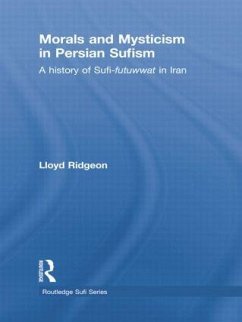
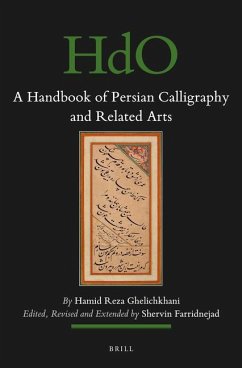
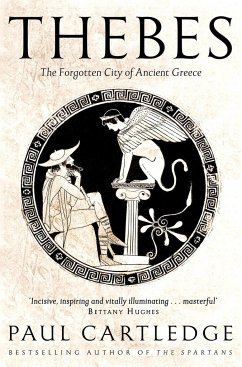
![Morals & Behaviours - Al Akhlaq Wa Al-Siyar [English] Cover Morals & Behaviours - Al Akhlaq Wa Al-Siyar [English]](https://bilder.buecher.de/produkte/67/67273/67273611n.jpg)
